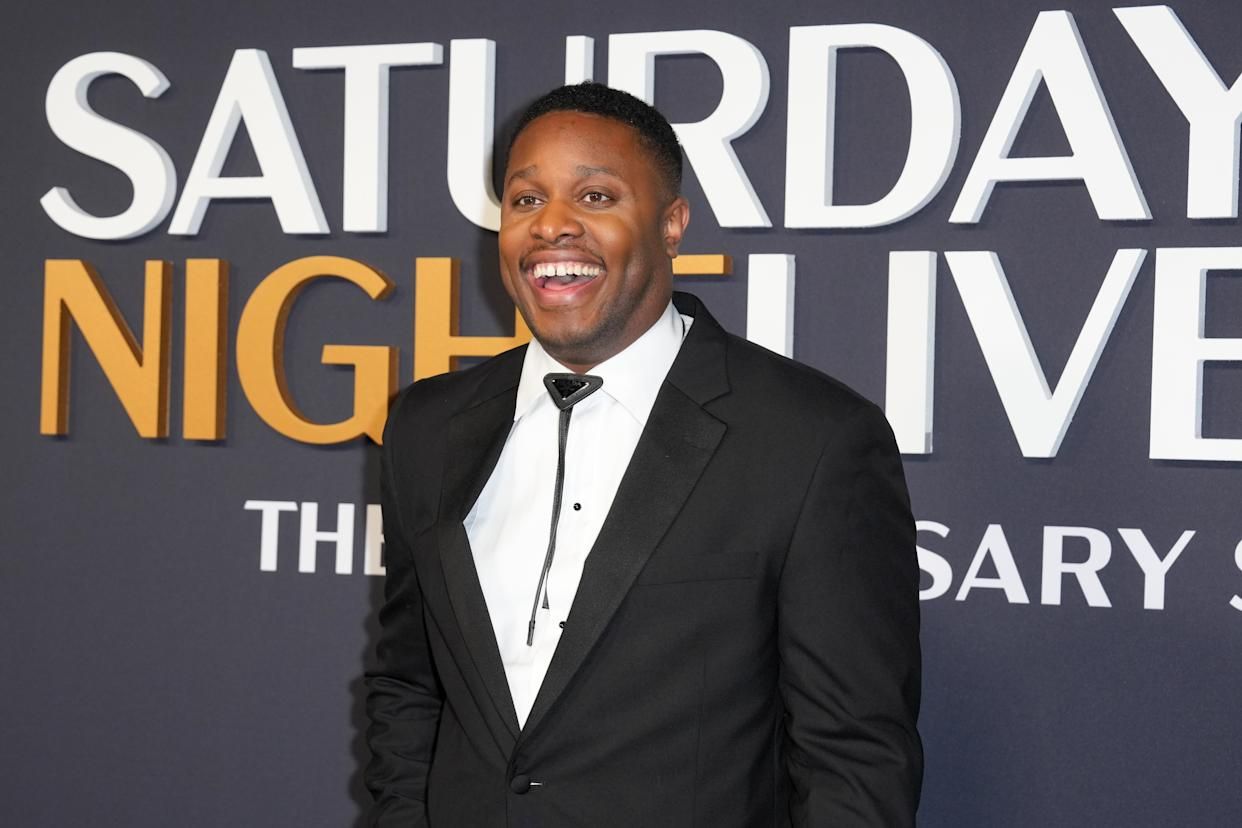
The world of cinema often presents us with stories that transcend the silver screen, tales that resonate long after the credits roll. Among the most poignant and bittersweet of these are the narratives of actors who departed before their final works could be unveiled to the public. These posthumous releases carry a unique and often somber aura, transforming a performance into a final, indelible statement on an artist’s career, their talent, and the potential that was tragically cut short.
For filmmakers and studios, the sudden loss of a lead actor presents an unprecedented challenge, forcing them to navigate the delicate balance between honoring a legacy and completing a project already deep into production. The solutions devised range from intricate rewrites and the use of stand-ins to advanced CGI and voice dubbing, all while grappling with the immense emotional weight of their colleague’s absence. The decisions made during these trying times often reshape the final product, imbuing it with a layer of unplanned meaning that audiences inevitably feel.
We embark on a comprehensive journey through the annals of Hollywood history, exploring the lives and untimely deaths of some of these remarkable performers. Their final films, far from being mere cinematic footnotes, become a powerful testament to their dedication, their craft, and the enduring impact they left on the industry and the hearts of their fans. Each story is a reminder of the fragility of life and the indelible mark left by those who entertained us, even beyond the final curtain.

1. **James Dean**James Dean, a name synonymous with youthful rebellion and raw talent, left an indelible mark on Hollywood despite his tragically short career. A rising star, Dean’s passion extended beyond acting to the high-octane world of auto racing. So intense was this fascination that Warner Bros., the studio behind the sweeping drama *Giant*, took the extraordinary step of barring him from racing activities during the film’s production, a testament to his value and their concern.
Mere days after completing his scenes for *Giant* and while the film was still in its post-production phase, Dean, unburdened by his contractual racing prohibition, indulged his passion once more. He was en route to a race in Salinas, California, behind the wheel of his distinctive Porsche 550 Spyder when his life was abruptly cut short in a devastating crash. He passed away on September 30, 1955, at the incredibly young age of 24, sending shockwaves through Hollywood and among his legions of admirers.
*Giant* was released in 1956, marking it as the last of Dean’s three leading roles. To complete certain post-production elements, particularly voice dubbing, Dean’s friend Nick Adams was enlisted to provide his voice for some scenes. The film’s release was a bittersweet moment, not only cementing Dean’s legendary status but also earning him a posthumous Academy Award nomination, a rare and deeply felt tribute to his immense talent and lasting impact on cinema.
Read more about: Billie Eilish Unfiltered: The Authentic Journey of a Global Icon, From Indie Roots to Cultural Phenomenon
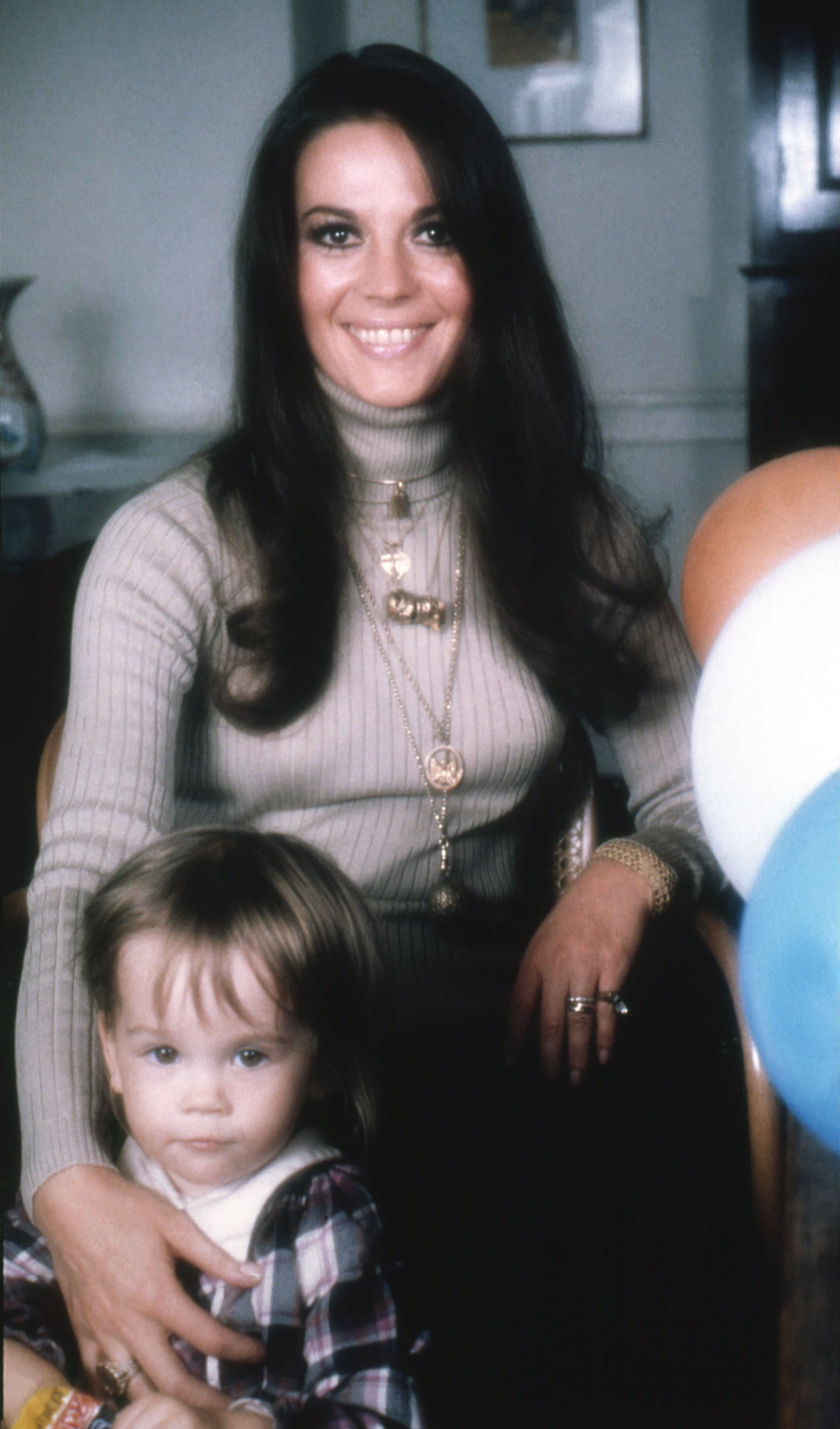
2. **Natalie Wood**Natalie Wood, a child star who seamlessly transitioned into one of Hollywood’s most beloved leading ladies, graced the screen in iconic films like *Rebel Without a Cause*, where she starred alongside James Dean, *The Searchers*, and *West Side Story*. Her performances consistently earned her critical acclaim, including an Oscar nomination for supporting actress in *Rebel Without a Cause*, solidifying her as a true Hollywood star.
In 1981, Wood was actively filming *Brainstorm*, a science fiction thriller, when she took a scheduled break from production. It was during a boat trip to Catalina Island with her husband, actor Robert Wagner, and her *Brainstorm* co-star, Christopher Walken, along with the ship’s captain, that tragedy struck. On November 29, 1981, Natalie Wood drowned at the age of 43, under circumstances that investigators have never fully and definitively determined, leaving a persistent shroud of mystery around her untimely death.
Production on *Brainstorm* was naturally delayed in the wake of her passing, leaving a significant void. The filmmakers ultimately decided to complete the project, which required extensive rewrites and the assistance of Natalie Wood’s younger sister, Lana, who stepped in for some scenes as a body double. When *Brainstorm* finally premiered in 1983, it carried a poignant dedication: “to Natalie,” a heartfelt acknowledgment of her final contribution and the profound loss felt by her collaborators and fans.
Read more about: A Rollercoaster of Regret: 15 Movies That Only Get More Disappointing
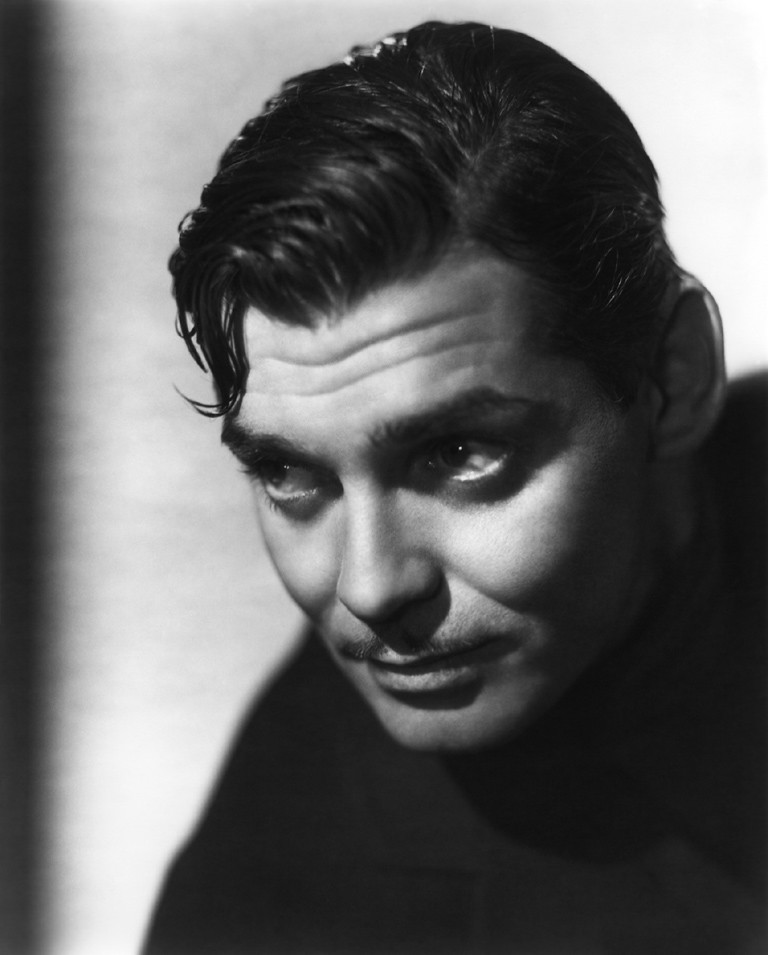
3. **Clark Gable**Clark Gable, affectionately known as “The King of Hollywood,” commanded the screen with an unparalleled charisma that defined an era. His remarkable career was punctuated by unforgettable performances in classics such as *It Happened One Night*, which earned him an Academy Award, and the epic *Gone With the Wind*, roles that cemented his status as a cinematic legend and one of the most recognizable faces in the world.
In 1960, Gable had just concluded filming his role alongside the iconic Marilyn Monroe in *The Misfits*, a dramatic and emotionally charged production. Shortly after wrapping, he tragically suffered a heart attack, passing away at the age of 59. Before his death, Gable had reportedly seen footage of the film and, along with others, believed it to be his finest work to date, a testament to the raw and powerful performance he delivered in what would be his final feature.
*The Misfits* was released on February 1, 1961, a date that would have coincided with Gable’s 60th birthday, adding another layer of bittersweet significance to its premiere. Despite an initial reception as a box office disappointment, the film gradually gained recognition and is now widely regarded as a classic. It carries the additional somber distinction of being the final film not only for Clark Gable but also, tragically, for Marilyn Monroe, who herself would pass away in 1962.
Read more about: Beyond the Bandit’s Charm: Unearthing the Intricate Life and Lingering Questions Surrounding Burt Reynolds’ Enduring Legacy

4. **Bruce Lee**Bruce Lee, a global phenomenon and martial arts icon, transcended the world of film to become a cultural touchstone. His sudden and shocking death at the age of just 32, on June 20, 1973, while visiting Hong Kong, plunged his legions of fans and the entertainment world into deep mourning, leaving many questions in its wake. His untimely departure cut short a career that was just beginning to reach its zenith on a global scale.
At the time of his death, Lee had been in the midst of filming *Game of Death* in 1972. However, the unprecedented opportunity arose to star in *Enter the Dragon*, which was poised to become the first kung fu film released by a major Hollywood studio. Lee paused production on *Game of Death* to seize this momentous chance, but tragically, he died soon after its completion, before *Enter the Dragon* could even be released.
*Enter the Dragon* premiered in Hong Kong just days after Lee’s death and a month later in the United States, quickly exploding into a massive success. It became the most successful martial arts film of all time and one of the most profitable films in cinematic history, a testament to Lee’s star power. His death, however, also inadvertently sparked a wave of “Leesploitation” films featuring often inferior imitators. *Game of Death* was eventually completed using stand-ins and released in 1978, five years after Lee’s passing, a fragmented testament to his unfinished vision.
Read more about: Beyond the Mic: Inside Drake’s Toronto Mansion and the 1 Billion-Dollar Corporation Securing His Dominance
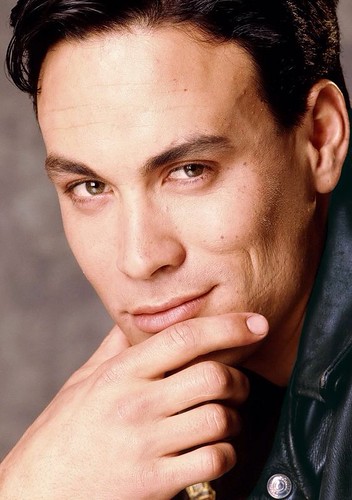
5. **Brandon Lee**In a tragic echo of his father’s fate, Bruce Lee’s son, Brandon Lee, also experienced an exceptionally short life and career. Following in his legendary father’s footsteps, Brandon dedicated himself to mastering various forms of martial arts and was rapidly emerging as a prominent action star in the late 1980s and early 1990s. His role in *The Crow*, a highly anticipated adaptation of the popular comic book, was widely expected to be his definitive breakthrough, catapulting him to superstardom.
However, a truly horrific on-set accident during the filming of *The Crow* sealed his fate. On March 31, 1993, at the tragically young age of just 28, Brandon Lee was fatally wounded by a prop gun. He had already meticulously shot the vast majority of his scenes for the film, a silver lining that allowed production to continue. After some sensitive rewrites, Lee’s stunt double, Chad Stahelski, stepped in as a stand-in, enabling the completion of the film while honoring Brandon’s performance.
Watching *The Crow* today is undeniably a profoundly sad and eerie experience for audiences, deeply marked by the knowledge of Brandon Lee’s death. The film’s central premise, where Lee portrays a character who has risen from the dead to seek vengeance, creates an unsettling and deeply moving parallel with the actor’s own tragic demise, making his final performance one of the most haunting in cinematic history.
Read more about: The Unseen Stages: How History Shaped the Actor, From Forbidden Roles to Modern Breakthroughs
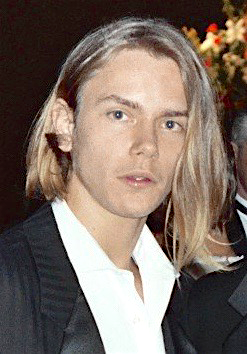
6. **River Phoenix**River Phoenix, a gifted actor known for his compelling performances in films such as *Stand By Me*, *Running on Empty*, and *My Own Private Idaho*, was at the height of his career when tragedy struck. In 1993, he was immersed in the production of *Dark Blood*, a unique and ambitious project that promised to further showcase his dramatic range, but which would ultimately remain unfinished in its original form.
His life, however, took a devastating turn when he died from a heroin and cocaine overdose at the notorious West Hollywood club, The Viper Room, on October 31, 1993. The sudden and shocking nature of his death immediately brought the production of *Dark Blood* to an abrupt halt, leaving the film in a state of limbo and a significant part of his final performance uncaptured. The industry mourned the loss of an extraordinary talent gone far too soon at just 23.
For many years, *Dark Blood* remained largely unseen, a cinematic ghost. The version that was eventually completed by director George Sluizer, years after Phoenix’s death, saw a limited release at a few film festivals before its DVD debut in Germany in 2018. A *Guardian* review highlighted Sluizer’s remarkably inventive tactic for filling in the missing scenes: he chose to read “descriptions of what is missing… a simple but surprisingly effective tactic,” creating a truly unique viewing experience and a poignant tribute to Phoenix’s incomplete work.
Read more about: Understanding the Forces Behind Soaring Fuel Costs: An In-Depth Analysis of Key Drivers and Regional Impacts Across the U.S.
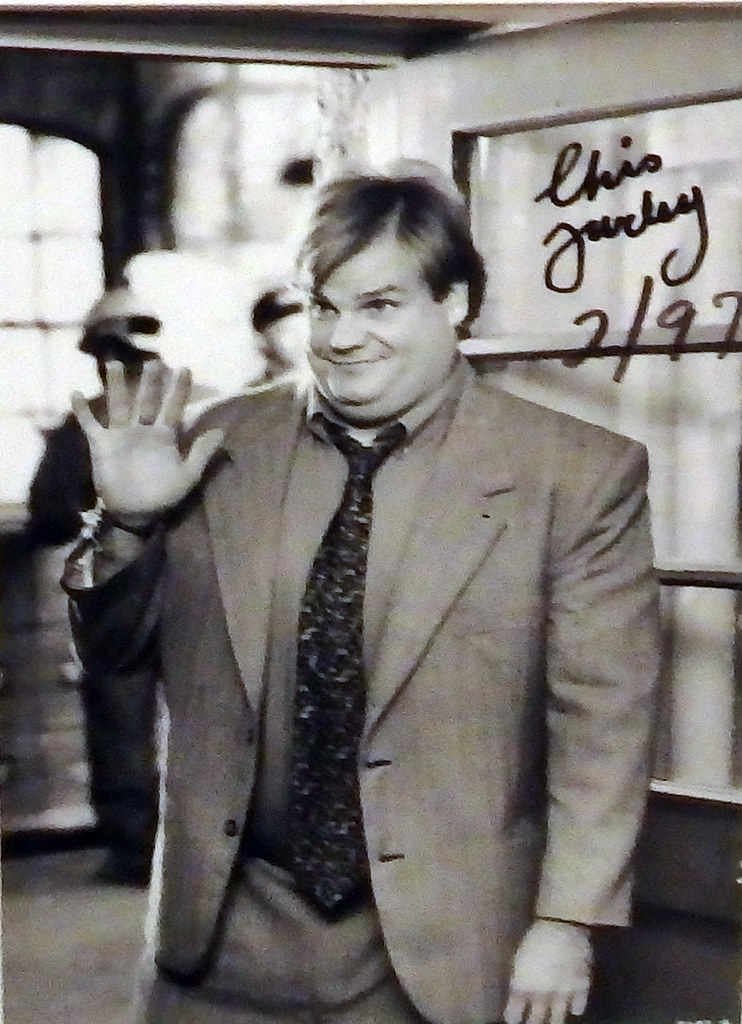
7. **Chris Farley**Chris Farley emerged as one of the most dynamic and beloved breakout stars from *Saturday Night Live* in the early 1990s. His comedic style was characterized by an intense commitment to his characters, a boundless physical energy, and an unapologetic willingness to, as the context notes, “happily careen into furniture to sell a joke,” reminiscent of his idol, John Belushi. He quickly parlayed his sketch comedy success into film roles, notably starring with fellow SNL castmate David Spade in 1995’s *Tommy Boy* and 1996’s *Black Sheep*, before taking on his first solo leading role in 1997’s *Beverly Hills Ninja*.
Tragically, Farley also shared Belushi’s struggles with substance abuse, a battle that ultimately claimed his life. He passed away on December 18, 1997, from a drug overdose at the age of 33, leaving fans and colleagues reeling from the loss of a talent who brought so much laughter to the world. His declining health had been evident to those around him, making his early passing a heartbreaking confirmation of his internal struggles.
At the time of his death, Farley had already completed his live-action roles in *Almost Heroes*, which was released in May 1998, and a brief but memorable appearance in *Dirty Work*, released the following June. However, his significant voice role as the titular character in the animated film *Shrek* had to be recast. His *SNL* castmate, Mike Myers, stepped in to take over the role, re-recording nearly the entire film and ultimately crafting one of animated cinema’s most iconic performances, a poignant legacy born from tragedy.” , “_words_section1”: “1945
Picking up where our profound journey left off, we continue to shine a spotlight on more cinematic luminaries whose final performances reached audiences only after their untimely departures. These stories further underscore the fragility of life and the immense dedication these artists poured into their craft, leaving behind indelible cinematic footprints. Their last works, completed under extraordinary circumstances, often gain an almost mythical quality, serving as a powerful, bittersweet final bow that continues to resonate with fans and critics alike.
Read more about: Beyond the Curtain Call: Remembering the Stars Whose Final Roles Shone After Their Lights Dimmed
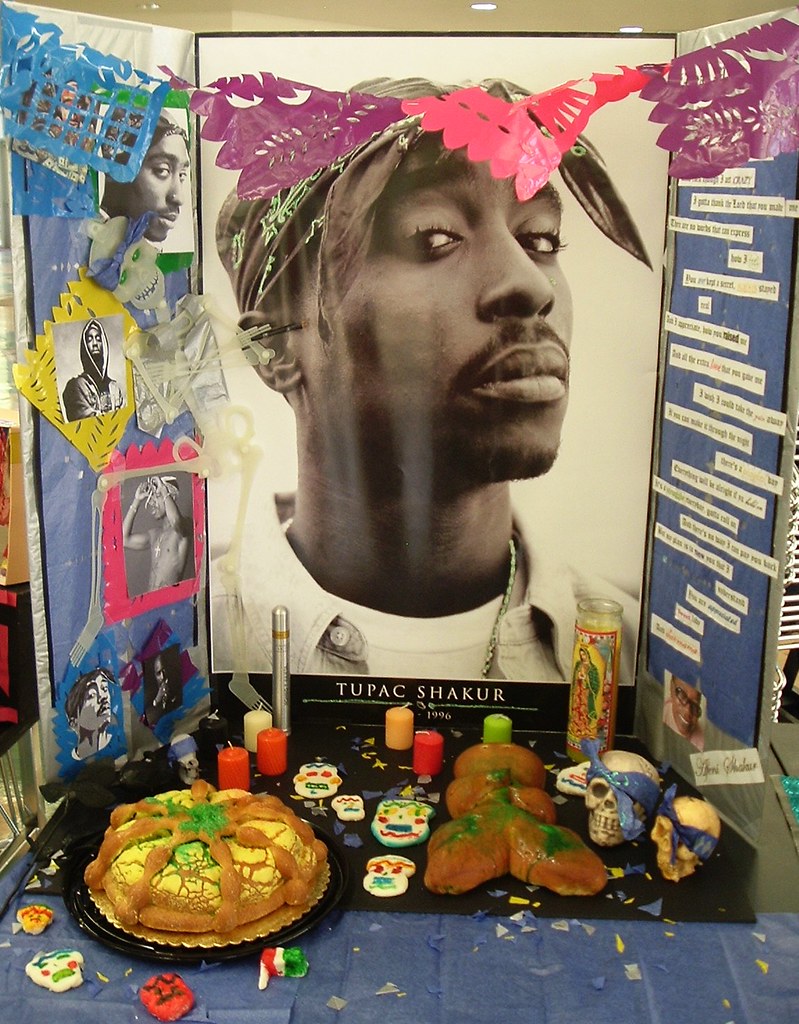
8. **Tupac Shakur**Tupac Shakur, a name primarily associated with his revolutionary impact on hip-hop, had also carved out a significant niche for himself as a formidable screen actor. His performances in acclaimed films like *Juice* and *Poetic Justice* demonstrated a raw talent that suggested a promising and diverse career beyond music. Tragically, his life was cut short on September 13, 1996, at the young age of 25, due to injuries sustained in a Las Vegas shooting, sending shockwaves through both the music and film industries.
At the time of his death, Tupac had just completed his work on the intense crime thriller *Gang Related*, where he co-starred with seasoned actor Jim Belushi. The film, a gritty portrayal of two corrupt detectives, was released posthumously in October 1997, giving audiences a final chance to witness his evolving acting prowess. It was clear that Shakur viewed acting as a vital avenue for his creative expression and perhaps a path away from some of the pressures of the music world.
Writer-director Jim Kouf reflected on working with the multi-talented artist, stating years later that “Tupac was great to work with.” Kouf added, “He really wanted acting to be his way out of the music world, which was controlling his life at the time. He was also going to score the movie, but was killed 10 days after we finished shooting. He was a great guy. We had a lot of fun on set.” This testament highlights the respect he earned and the unfulfilled potential of his cinematic contributions.
Read more about: Assata Shakur, Convicted Revolutionary and Iconic Figure of Black Liberation, Dies at 78 in Cuban Exile
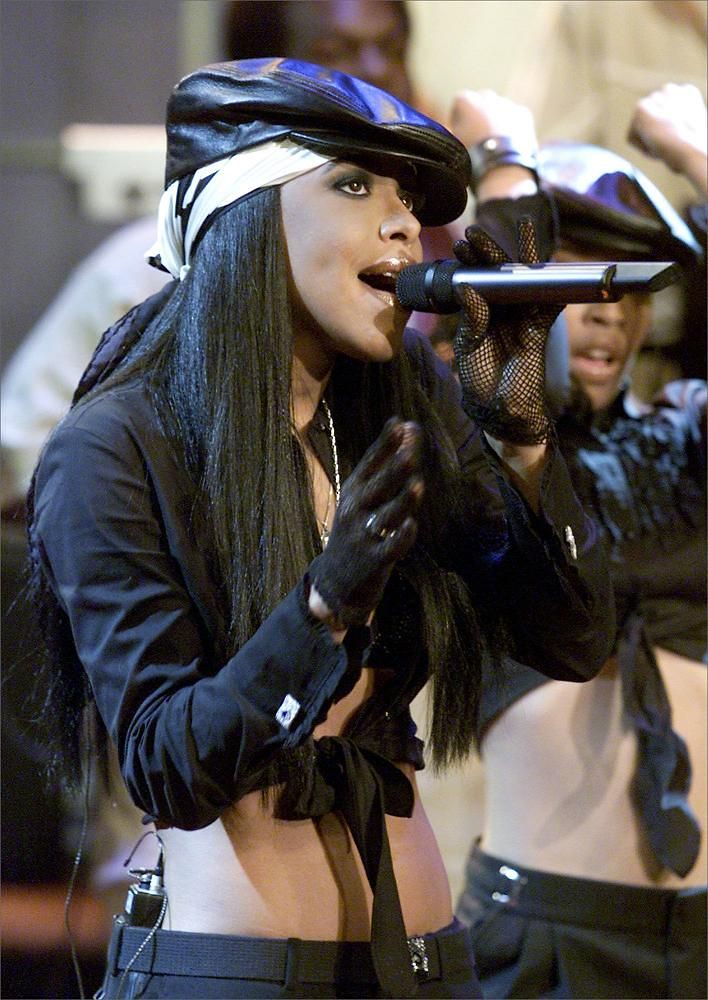
9. **Aaliyah**Aaliyah Dana Haughton, known mononymously as Aaliyah, was a celebrated R&B singer whose silky vocals graced hit songs such as “If Your Girl Only Knew,” “4 Page Letter,” and “Are You That Somebody.” Beyond her profound musical influence, she ventured into acting, making a memorable feature film debut in *Romeo Must Die*. Her charisma and talent suggested an equally successful career on the silver screen was well within her grasp.
Tragedy struck on August 25, 2001, when Aaliyah, at just 22 years old, and eight other individuals were killed in a private plane crash in the Bahamas. She had been on location to record a music video for her song “Rock the Boat” when the devastating accident occurred. Her premature death left a profound void in both the music and entertainment worlds, mourning a star who was just beginning to fully realize her multifaceted artistic vision.
Her second and ultimately final film was *The Queen of the Damned*, an adaptation of Anne Rice’s gothic vampire novel. The movie was released the year following her death, carrying a somber weight for her legions of fans. Much like Brandon Lee’s *The Crow*, watching *The Queen of the Damned* can be an eerily resonant experience, as Aaliyah portrays a character who is undead, adding a layer of tragic irony to her final cinematic offering.
Furthermore, Aaliyah had also begun filming scenes for *The Matrix Reloaded* as the character Zee, but her sudden passing necessitated recasting the role, with Nona Gaye ultimately taking over. This unfortunate circumstance underscores the profound impact her unexpected departure had on ongoing productions and her promising acting trajectory.
Read more about: The Unfiltered Truth: Dame Dash Unleashes Bombshell Revelations on Jay-Z, R. Kelly, and Aaliyah’s Shadowy Past
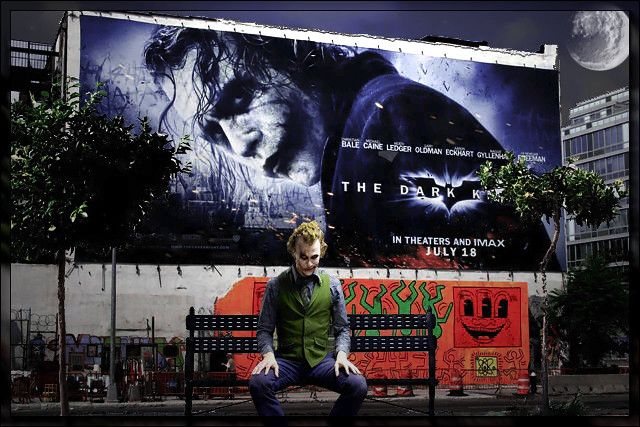
10. **Heath Ledger**Heath Ledger, an actor celebrated for his chameleon-like ability to transform into diverse characters, captivated audiences across a range of genres, from teen rom-coms like *10 Things I Hate About You* to historical epics like *The Patriot* and adventurous tales such as *A Knight’s Tale*. He earned widespread critical acclaim, including an Academy Award nomination for Best Actor for his powerful performance in 2005’s *Brokeback Mountain*, solidifying his status as a major talent.
His career was tragically cut short on January 22, 2008, when he died at the age of 28 from an accidental overdose of prescribed medications. This shocking loss occurred during the post-production phase of *The Dark Knight*, where Ledger delivered a truly iconic and transformative portrayal of The Joker, earning him a posthumous Academy Award. His performance redefined the villain for a new generation and became a benchmark for cinematic antagonist portrayals.
At the time of his passing, Ledger was also in the midst of filming Terry Gilliam’s fantastical and visually imaginative production, *The Imaginarium of Doctor Parnassus*. Facing the immense challenge of completing the film without its lead, Gilliam ingeniously enlisted three of Ledger’s friends and fellow actors—Colin Farrell, Johnny Depp, and Jude Law—to play physically transformed versions of his character at different stages within the story’s magical realms.
This creative solution honored Ledger’s contribution and allowed the film to be completed, eventually releasing to critical acclaim in 2009. His former partner, Michelle Williams, and co-star Christopher Plummer, highlighted his struggles with insomnia during the filming, which sadly contributed to his misuse of pills, adding a poignant layer to his untimely passing.
Read more about: A Rollercoaster of Regret: 15 Movies That Only Get More Disappointing
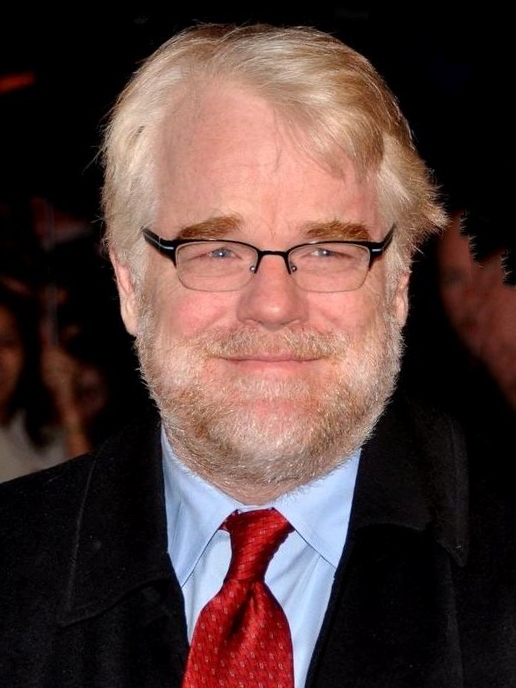
11. **Philip Seymour Hoffman**Philip Seymour Hoffman was a master of his craft, renowned for his incredible versatility and profound commitment to every role he undertook. Born on July 23, 1967, his career was marked by unforgettable performances in an eclectic array of films including *Boogie Nights*, *The Talented Mr. Ripley*, *Mission: Impossible 3*, and the blockbuster *Hunger Games* franchise. His portrayal of the titular character in 2005’s *Capote* earned him the Academy Award for Best Actor, a testament to his transformative talent.
Despite his immense professional success, Hoffman grappled with personal demons. He had struggled with heroin addiction early in his life, achieving a lengthy period of sobriety before tragically relapsing. His battle with addiction ultimately claimed his life on February 2, 2014, at the age of 46, from what was determined to be mixed drug intoxication. Reports indicated that heroin and other illicit substances were found in his home, underscoring the severity of his struggle.
At the time of his sudden passing, Hoffman had completed the vast majority of his scenes for *The Hunger Games: Mockingjay Part II*, where he portrayed the shrewd and enigmatic Plutarch Heavensbee. However, his death necessitated some difficult rewrites and adjustments to the film’s script to accommodate his absence, ensuring a coherent narrative while honoring his completed work. The film, and his final performance, became a poignant farewell to one of modern cinema’s most respected and beloved actors.
Read more about: Hollywood’s Unfinished Legacies: The Moving Stories of Actors Who Passed Away During Production

12. **Carrie Fisher**Carrie Fisher, an iconic actress and sharp-witted writer, etched her name into cinematic history primarily through her indelible portrayal of Princess Leia Organa in the legendary *Star Wars* saga. Beyond her intergalactic heroism, Fisher was also an accomplished author and a respected script doctor, contributing her talents to numerous major Hollywood productions behind the scenes. Her multifaceted career showcased a formidable intelligence and unique perspective.
In a heartbreaking turn of events, Fisher suffered a heart attack on a flight returning from a book tour on December 21, 2016. She passed away on December 27, 2016, at the age of 60, just a day before her equally legendary mother, Debbie Reynolds, also passed. The entertainment world collectively mourned the loss of a true Hollywood royal, who had recently reprised her beloved Leia role in 2015’s *The Force Awakens*.
Fisher had completed all her work on the subsequent *Star Wars* installment, *The Last Jedi*, which premiered posthumously on December 15, 2017, and was dedicated to her memory. For the final chapter of the trilogy, *The Rise of Skywalker*, filmmakers ingeniously utilized repurposed and previously unused footage of Fisher from *The Force Awakens* to provide Princess Leia with a fitting and emotional conclusion to her story.
Adding another layer to her final contributions, Fisher also appeared in *Wonderwell*, which was eventually released in 2023, marking it as her last official film role. This separate project further exemplifies her dedication to her craft and provides fans with an additional, bittersweet opportunity to see her on screen.
Read more about: Totally Rad! The 8 Directors Who Ruled ’80s Action and Owned the Box Office
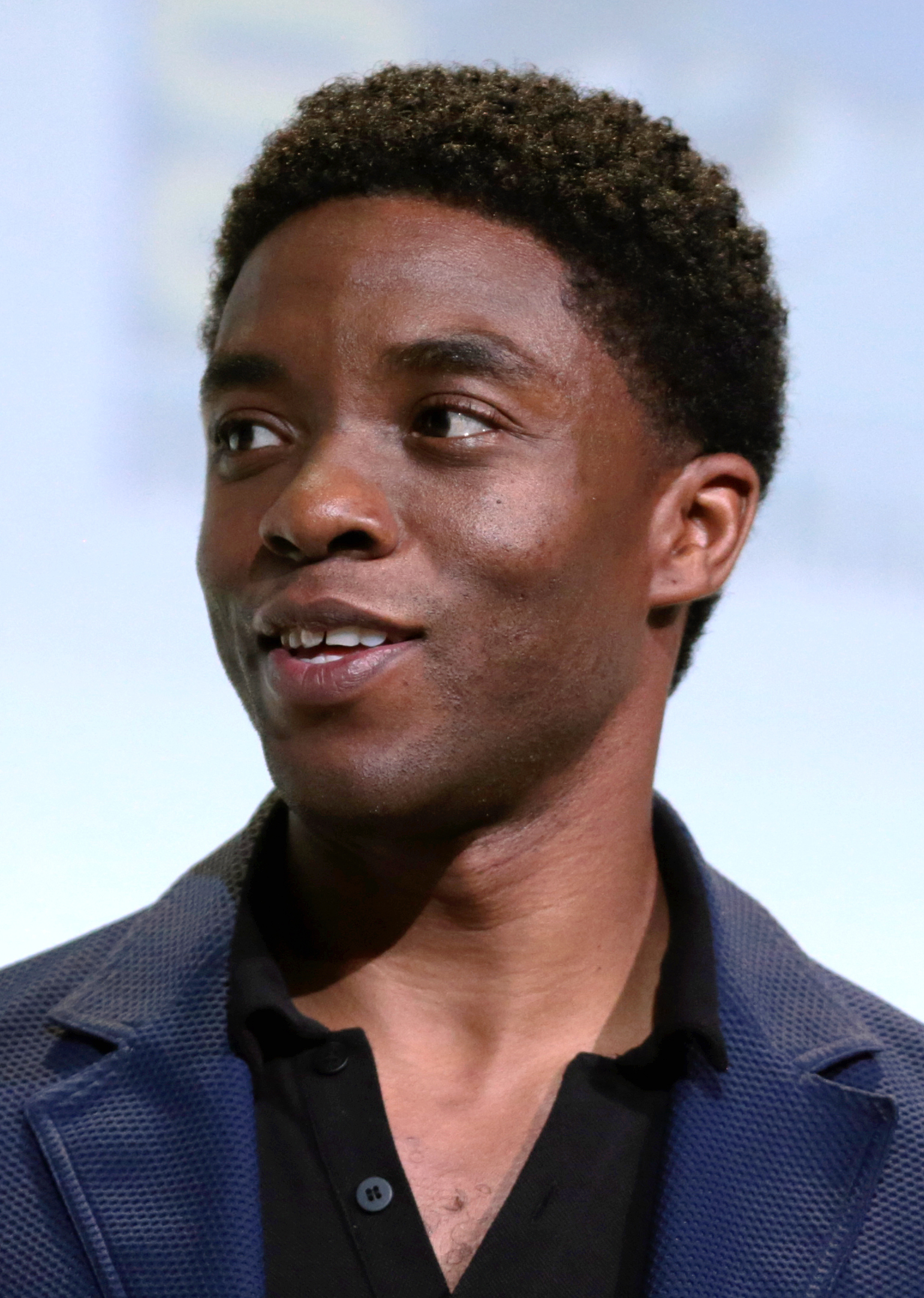
13. **Chadwick Boseman**Chadwick Boseman wasn’t merely an actor; he was a cultural phenomenon, especially for his groundbreaking and regal portrayal of King T’Challa, the Black Panther, within the Marvel Cinematic Universe. Beyond the superhero realm, Boseman was frequently the go-to actor for powerful biopics, brilliantly embodying historical figures like Jackie Robinson in *42* and James Brown in *Get On Up*, demonstrating his incredible range and commanding screen presence.
What made his prolific output even more awe-inspiring was the revelation, tragically after his death, that he had been privately battling bowel cancer since 2016. Despite undergoing extensive treatments and surgeries, he continued to work tirelessly, maintaining an extraordinary level of performance. Sadly, the disease ultimately claimed his life in 2020, leaving fans and colleagues heartbroken and marveling at his strength and dedication.
Just a couple of months after his passing, Boseman’s final live-action film, *Ma Rainey’s Black Bottom*, was released. In this powerful drama, he delivered a searing performance that earned him widespread critical acclaim, including posthumous Oscar and BAFTA nominations, and a Golden Globe Award. His final cinematic work was voicing T’Challa in Marvel’s animated series *What If…?*, which aired in 2021, earning him a deserved Primetime Emmy Award. His legacy is not just one of talent, but of profound resilience and inspiration.
Read more about: Unscripted Tragedies: 11 Screen Legends Who Left Us Too Soon, Mysteriously Gone After Their Final Act
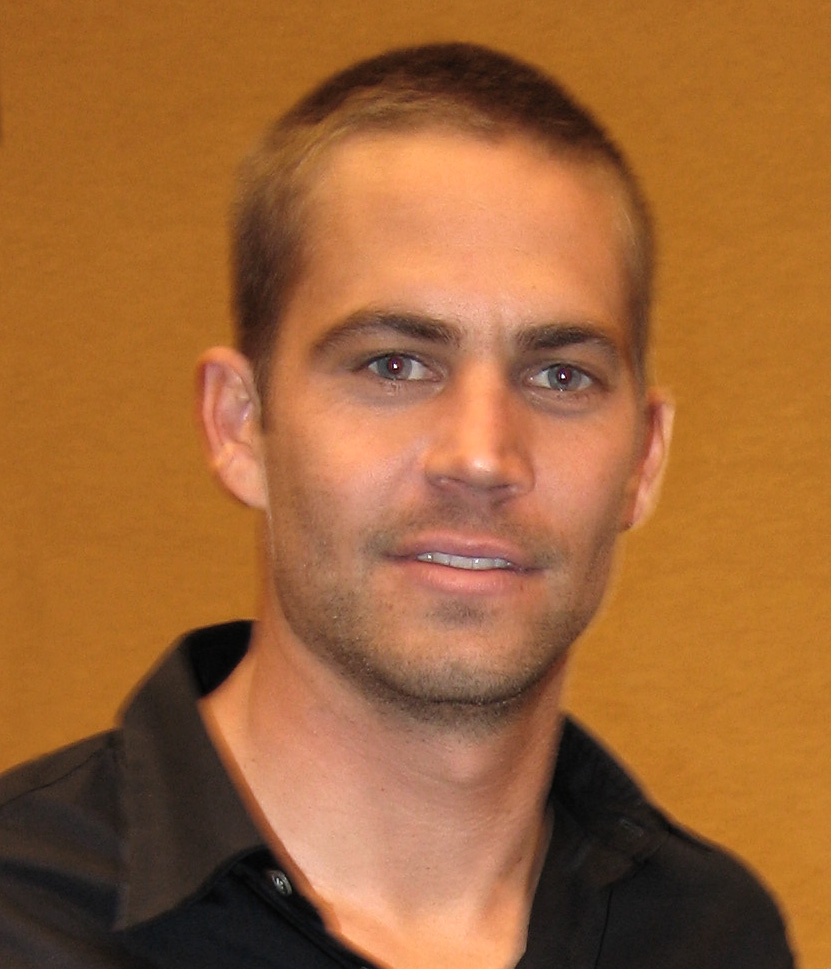
14. **Paul Walker**Paul Walker was a charismatic actor best known for his role as Brian O’Conner in the immensely popular *Fast & Furious* franchise, a series that solidified his status as an action star and a beloved figure among film enthusiasts. His natural charm and easygoing demeanor made him a relatable hero, building a devoted fanbase over many years and multiple installments of the high-octane film series.
Tragically, Walker’s life was cut short in the middle of filming *Furious 7* when he and his friend, Roger Rodas, died in a horrific car crash in Santa Clarita, California. The sudden and devastating accident, occurring on November 30, 2013, sent shockwaves across the globe, leaving fans, colleagues, and the film industry in profound mourning. Production on the highly anticipated film was immediately halted.
Faced with the immense challenge of completing the movie while honoring Walker’s memory, the filmmakers made the decision to continue, opting to respectfully retire his character, Brian O’Conner, rather than replace him. This incredibly sensitive approach involved utilizing Walker’s brothers, Caleb and Cody, as stand-ins for certain scenes, alongside actor John Brotherton. Through clever editing and sophisticated CGI, Walker’s face was superimposed onto their bodies, allowing his character to complete his story arc.
The final scene of *Furious 7*, depicting Dominic Toretto (Vin Diesel) bidding farewell to Brian, became an iconic and deeply emotional moment, serving as a poignant, collective goodbye to Paul Walker himself. The film stands as a powerful testament to the creative lengths taken to honor a fallen star and provide a fitting conclusion to a beloved character’s journey.
Read more about: Beyond the Popcorn: 13 Cringeworthy Movie Lines That Will Make You Physically Squirm (Seriously!)
The stories of these actors, whose final curtain call came unexpectedly early, are a powerful testament to the transient nature of life and the enduring power of art. Each posthumous release serves not merely as a movie, but as a final, heartfelt communication from an artist to their audience, a last glimpse into their profound talent and indelible spirit. They remind us that even when the lights dim on a life, the performances etched onto the silver screen continue to burn brightly, preserving legacies that will inspire and move generations to come. These films stand as monuments to their craft, ensuring that these stars, though gone, are certainly never forgotten.

